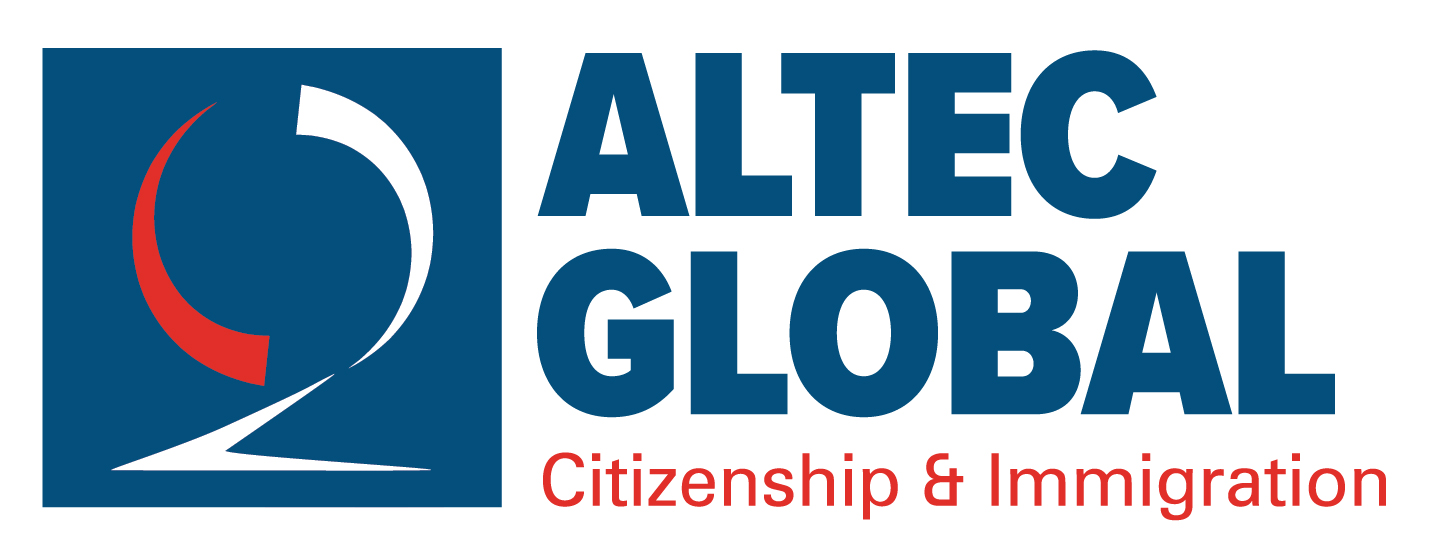Canada is not only a breathtakingly beautiful country but also a popular destination for expatriates seeking a high quality of life. One of the standout features of Canada is its healthcare system, which ranks among the world’s best. However, to fully benefit from this system, newcomers must understand how it operates. In this guide, we’ll break down the essentials of Canada’s healthcare system to help you make a smooth transition to your new life in Canada.
Diverse and Multicultural Canada
Canada is celebrated for its diversity and multiculturalism, making it a welcoming place for expats from across the globe. With over 200 nationalities and two official languages, Canada’s inclusive society is not only enriching but also an economic powerhouse. For expats planning to move to Canada, the support and camaraderie of fellow expats who have already made the leap make the transition even more enjoyable. However, maintaining good health is essential for a fulfilling experience in Canada, and that begins with understanding the healthcare system.
Canada’s Healthcare System: An Overview
Canada’s healthcare system, known as Medicare, is publicly funded. It relies on tax revenue to provide essential medical services, including primary and secondary care, emergency hospital treatment, and maternity services. However, it’s important to note that this system, while comprehensive, is not perfect. Some services and treatments, such as prescription medication, dental and eye care, ambulance services, and physiotherapy, are not covered. Moreover, Canadian hospitals are privately run, not state-owned.
Provincial Administration
Canada’s healthcare system is not centralized; it operates at the provincial level. With ten provinces and three territories, each region has its own healthcare administration, and standards of care can vary. Crucially, each province has the authority to define what constitutes “medically necessary” care, impacting patient experiences. Therefore, once you’ve confirmed your destination in Canada, it’s vital to research the local healthcare system.
Getting a Health Card
Upon arrival in Canada, obtaining a health card is your top priority before seeking medical care. While the application process varies by region, it typically involves providing supporting documents such as proof of residency and government-issued ID. Once issued, your health card grants you access to the healthcare system.
Finding a Family Doctor
Registering with the provincial health system is the next step to find a family doctor or GP. Recommendations from friends and colleagues, as well as guidance from local settlement organizations and community health centers, can be invaluable. Additionally, Canada offers walk-in medical clinics, allowing you to see a doctor or health professional without an appointment (remember to bring your health card).
The Role of Private Health Insurance
Canada’s healthcare system is well-established but not without its quirks. It can take up to three months to receive your health card and register with a local doctor. Additionally, services not covered by Medicare and regional variations may necessitate private health insurance. Approximately two-thirds of Canadians have some form of private or company-sponsored coverage.
Canada’s healthcare system, while robust, can be complex for newcomers. Understanding the basics, from obtaining a health card to seeking a family doctor, is essential for a healthy and fulfilling life in Canada. Moreover, private health insurance can provide vital coverage for services not included in Medicare. With the support of renowned global providers, newcomers can enjoy peace of mind and comprehensive healthcare coverage while embracing their new life in Canada.


Recent Comments